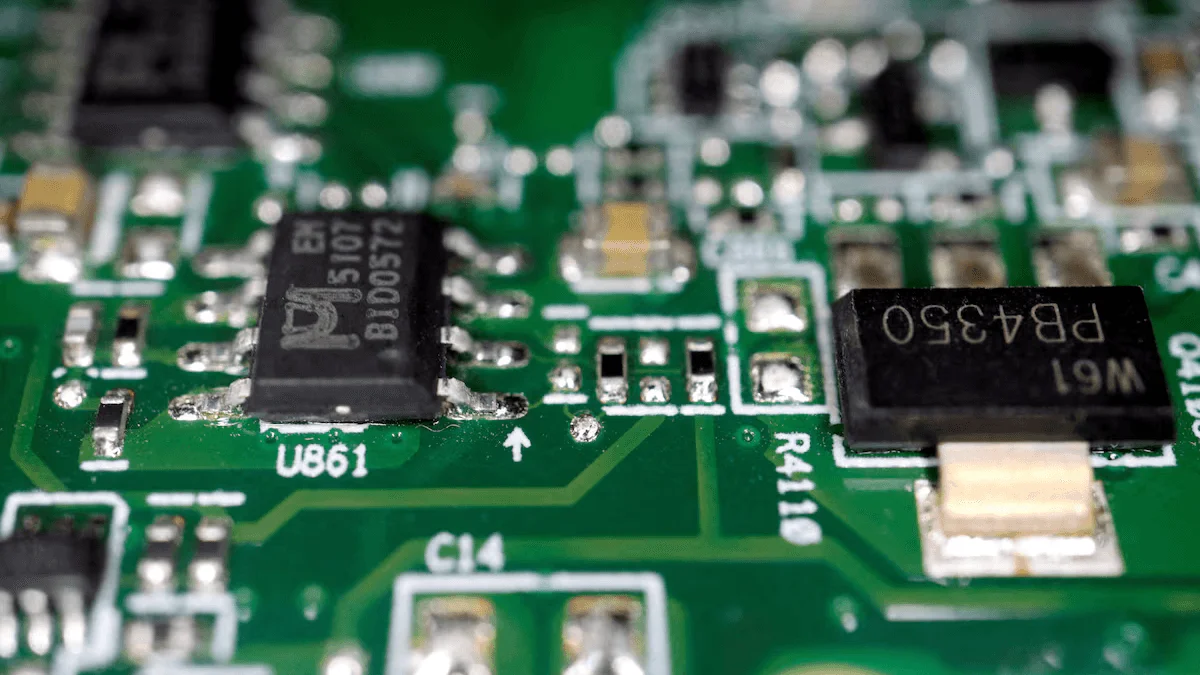
US Chips Act Investment Unchanged, Taiwan’s GlobalWafers Says Amidst Award Reviews
GlobalWafers US investments remain intact and on track, the Taiwanese chip manufacturer GlobalWafers has said. According to Reuters, the US government has not notified the company of any changes to its Chips Act subsidies.
In December last year, the Department of Commerce in the US finalised a government grant amounting to $406 million for the company. The funding is expected to enhance GlobalWafer’s production of silicon wafers in the US states of Missouri and Texas.
Trump’s Renegotiation Plan
The Trump administration plans to negotiate awards issued to semiconductor companies by the Biden Administration under the Chips and Science Act. President Donald Trump’s government has indicated that there will be delays in disbursing some of the grants that the Biden administration had finalized to tech companies.
Previously, Taiwan GlobalWafers had indicated that the Chips Program Office had informed it that some of the conditions in the grant were not aligned to the executive orders and policies of the new administration. The Trump administration is reviewing conditions for all direct funding agreements under the Chips Act.
Even as the company’s funding agreement undergoes review, GlobalWafers says Washington is yet to issue it with a direct notification on changes to the terms or conditions of its award agreement.
No Funding Yet
Although the US Commerce Department finalized GlobalWafer’s grant award in December 2024, the company is yet to receive funding from the government.
According to Hsu, the delay in disbursement has nothing to do with changes that the Trump administration is expected to make. Rather, the delay has been occasioned by the fact that the company has not achieved the milestones set out in the grant agreement for this year.
“We have a first milestone to achieve, and once we reach it, we will submit the necessary documentation to the relevant authorities for review,” Hsu said.
The company says it’s maintaining its US expansion plan that it has already commenced in three factories across the country. The Taiwanese wafers manufacturer isn’t too worried about the impact that possible import tariffs by the Trump administration could have on its business.
According to CEO Hsu, the existing three production facilities in the US coupled with its global presence provide the company with ‘more strategies to cope with potential tariff impacts.’
Reassessing Investment
Since coming to office last month, President Trump has signed numerous executive orders and taken measures that have created uncertainty in the chip manufacturing sector. As she informed reporters that the new administration is yet to communicate award modifications, GlobalWafers CEO Doris Hsu said her company will have to reassess its US investment if changes are made to the Chips Act.
“We don’t know what will happen, but if the CHIPS Act is indeed modified and we are affected, we will need to reassess our subsequent investments,” Hsu said.
According to Hsu, this assessment will involve conducting an evaluation on the demand of its products in the country and the prices that it can sustain there. Such an evaluation will help the company to determine whether GlobalWafers US expansion would be profitable in the long run or maintaining production in Taiwan would be more beneficial considering possible duties.
“At this moment, everything is hypothetical and hasn’t happened yet, as we haven’t received any notification about required actions. For now, everything is proceeding according to the original plan,” Hsu added.
Ready Contracts
GlobalWafers has already secured contracts to supply silicon wafers in the US. The contracts are valued at $406 million. Under the Biden administration, the US government committed to award a total of $52.7 billion in grants, loans, and tax credits under the Chips and Science Act semiconductor manufacturing and research subsidy program.
By mid-December 2024, the US Department of Commerce had finalized various awards to US-based semiconductor manufacturers including a $6.1 billion subsidy for memory chip maker Micron Technology, $7.86 billion for Intel and $750 million for US chip maker, Wolfspeed. Chips Act funding was part of Biden’s administration to fuel domestic production of semiconductors and reduce reliance on Taiwan and China.





